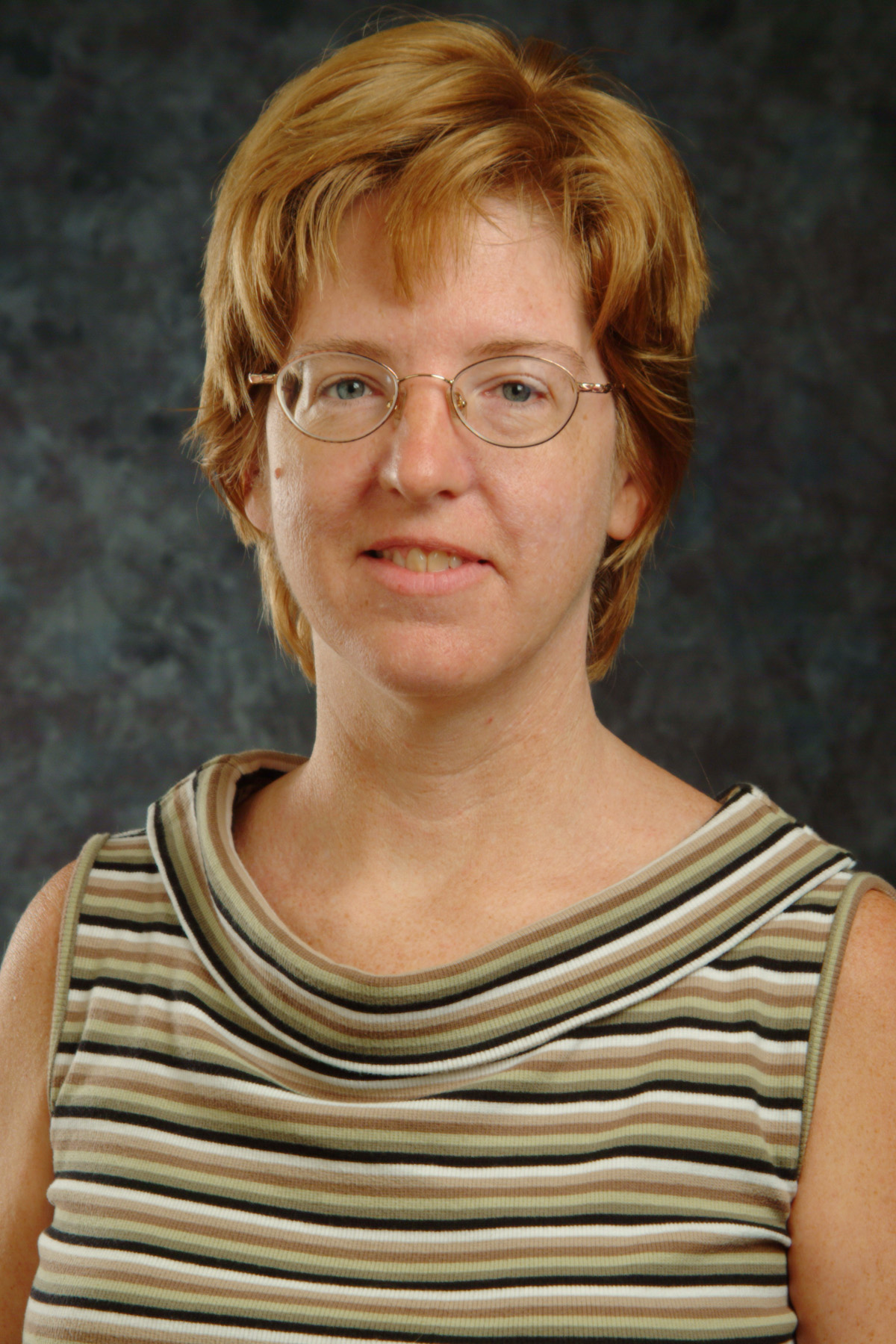FAYETTEVILLE, Ark. — “Abuse of women knows no boundaries of social status or race” is a simple message that has become a maxim. But it’s a maxim that obscures crucial complexities and could well short-change women of color.
When Kameri Christy-McMullin, assistant professor in the University of Arkansas School of Social Work, analyzed data from the 1999 National Crime Victimization Survey, she found important differences in the factors related to abuse of white, black and Hispanic women. She noted that when women are all grouped together, white, middle-class, heterosexual women become the reference group, and “the unique experiences of women outside this group remain relatively unexamined.”
Christy-McMullin, working with former graduate student Amber Snipes, found that employment status and education were the strongest predictors of abuse for both black and white women, yet the picture was markedly different for the two groups.
“The findings for African American women were astounding,” Christy-McMullin said.
Research results for black women revealed a complex relationship between income and employment and some surprising findings. Household income, employment in something other than a professional or service job, and homeownership were all very strong predictors of emotional abuse. Black women with a four-year college degree or more were 145 times more likely to experience sexual or other abuse than women with less than a high school education.
Christy-McMullin suggested that the results could support the main premise of backlash theory, the notion that as women take on roles that have traditionally been held by men, men will resort to abuse as a means of keeping women in their traditional roles. She also noted that marital status and age play an important role in understanding the associations between education, marital status, age and sexual or other abuse. This is an area ripe for further analyses.
White women employed in a service industry were more likely to be physically or sexually abused, while white women who lived in households with higher incomes or who had a college degree were less like to be physically abused. White women with some college education and divorced or separated women were more likely to be emotionally abused than professional women.
The study could not report significant findings for Hispanic women. Christy-McMullin pointed to two possible limiting factors, the small sample size available and the limited acquisition of economic resources by the Hispanic women studied. She also noted that the results demonstrate the need for an expanded concept of what are important resources for Hispanic women. She suggested that researchers should consider factors such as legal support and rights, child custody issues, English language skills, acculturation challenges and transportation needs, along with difficulties in transferring educational attainment from their home country to the United States.
The UA study is the first to use a nationally representative database and to perform complex analyses looking at an expanded measure of economic resources and differentiating types of abuse, including physical, emotional and sexual abuse. While the study used traditional measures of economic resources, including income, employment and education, the researchers also considered one economic asset, homeownership. Few researchers have examined the interaction of race and ethnicity with homeownership in relation to the abuse of women, and Christy-McMullin notes, more research is needed to establish whether homeownership has a positive or negative impact.
Christy-McMullin’s study suggested at least one commonality among women. She concluded, “Policies regarding divorce and distribution of property may be an important intervention in decreasing the incidence of abuse, regardless of a woman’s racial or ethnic heritage.” Specifically she observed that policies to address the distribution of income and property during divorce settlements could help women retain the resources necessary to be self-sufficient.
Study findings also indicated that older women across race and ethnicity are less likely to be abused than younger women. Christy-McMullin suggested that programs that assist women in accumulating economic resources at a younger age might serve to decrease abuse of younger women.
An early version of the findings was presented at a conference of the International Consortium for Social Development in Recife, Brazil, in 2005. An article titled “Economic Resources and Woman Abuse: Difference and Similarities Among African American, Hispanic and White Women” will be published in the upcoming issue of the Journal of Ethnic and Cultural Diversity in Social Work.
Contacts
,
